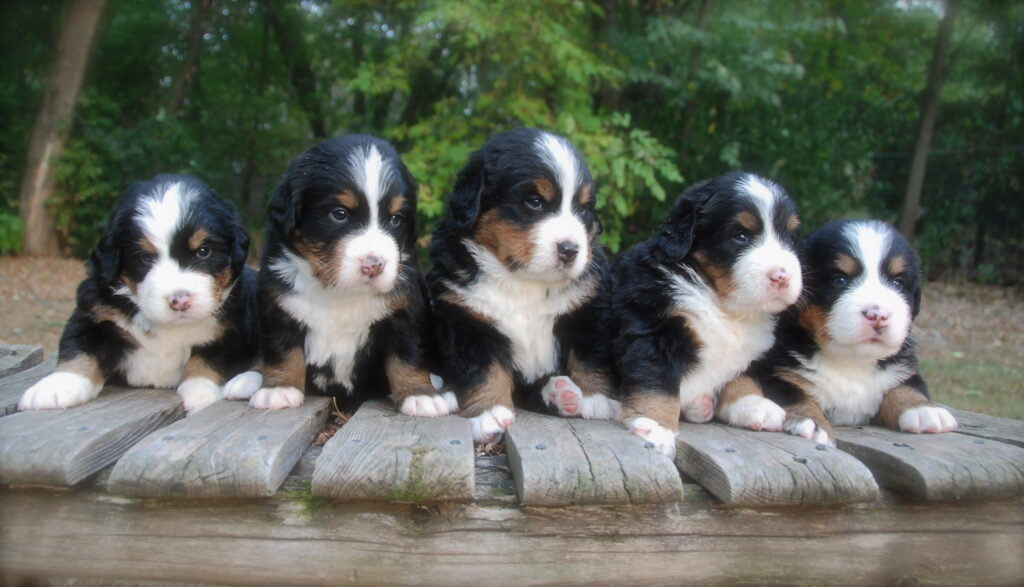
Finding a Breeder
Finding a responsible breeder you trust is your first – and most important — step to finding your new best friend. Breeders are invaluable resources: They are a bridge between you and your perfect dog, and you can also rely on them throughout your dog’s lifetime. Think of a breeder as your private guide to all things dogs, from choosing the right dog to caring for it forever.
As with any significant decision, doing your homework before committing to a breeder is essential. Here are some tips for finding — and working with — a responsible breeder:
- Meet the Breeder: The best way to get to know a breeder is to meet in person, which might be at their kennel or home. While that may not be possible in all situations, ask to meet your breeder outside or through a video conferencing system. Observe the dogs and the breeder: Are the premises clean? Odor-free? Does the breeder show a genuine passion for dogs? Are the dogs well fed, coats clean, and well cared for? How do the dogs interact with the breeder?
- Ask questions: One of the most significant benefits of working with a good breeder is that they can be counted on throughout your dog’s life. When you meet with a breeder for the first time, come prepared with a list of questions about the breed and the puppy – you can never ask too many, and there are no dumb questions! See how they react. Are they patient with your questions? Do they explain things clearly? Do you feel like you have a good rapport? Responsible breeders want to see their dogs in happy, loving forever homes and will be glad to share their knowledge.
- Meet the parents: There’s no better way to see how your dog will grow up than by looking at his parents. It will give you a sense of your dog’s temperament, size, and appearance. Some sires live at different kennels so ask for a video or photos of him.
- Get a complete medical history: Reputable breeders will be happy to show proof of health screenings such as OFA and CERF certificates. This information may be in the form of actual certificates or a link to the club’s breed database, bernergarde.org. They will also explain any health conditions that typically affect the Bernese, so you know what to watch out for in the long term.
- Check the breed database bernergarde.org: This is a free database for breeders to get accurate information on pedigrees, but also open to anyone looking to find a reputable breeder. Reputable breeders will list all of their dogs, health certificates, litters produced, and all health issues, including longevity, cause of death, titles, and more.
- Navigate to http://www.bernergarde.org/home/.
- Select Go To The Database.
- Search for a dog, litter, or breeder.
Once You've Found a Breeder
Don’t expect to meet a breeder and bring home a puppy immediately. Once you’ve found a breeder you like, here are some of your next steps:
- Get documentation of your puppy’s pedigree. If you have an excellent meet-and-greet with a breeder and want to move ahead, ask what the next steps are. The breeder should have a contract that you should read thoroughly. Do ask questions if something isn’t clear.
- Never give a breeder a deposit until you have a signed contract, have met the breeder, and seen the pups. A deposit is not typically refundable but confirms that you are on a waitlist for a puppy. If a puppy is not available from a particular litter, make sure that a full refund is in writing.
- Be patient: The breeder will keep the puppy with them for the first two or three months of its life to mature and socialize with its mother and litter mates. This transition is essential and will give you time to puppy-proof your house and get the necessary supplies before welcoming him home.
Final Thoughts on Buying a Puppy
Cost
- Purchase cost is only a small portion of what it will cost you to maintain your dog daily. Think about how much disposable income you have to spend on good-quality dog food. Add costs for training classes and routine veterinary care. Does the disposable income you plan to use for your dog affect other things you might want to do with your family or children, like vacations or providing your child with unique enrichment activities?
Health & Longevity
- Although the Bernese Mountain Dog is a beautiful breed, it comes with a list of severe health issues, including cancer and orthopedic problems. Because of this, the life expectancy is roughly 7 years. For more in-depth, accurate information on the breed, visit the national Bernese Mountain Dog website, BMDCA, at https://www.bmdca.org/club/.
